- Registration and welcome coffee from 07.30
- Start of the Conference 09.00
- Exhibition open from 08.00 to 20.00
- Seated Lunch: 12.30
- End of Conference: 18.30
- Cocktail Reception: 19.30
 Chairman
ChairmanDean Bubley, Disruptive Analysis
During the past several years there have been remarkable advancement in academic research for applying data mining techniques for network management. Providing a tutorial survey of those academic research and discussing how those researches will innovate network management tasks such as fault management, configuration, performance management.
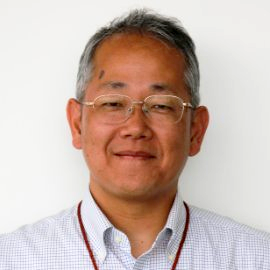
Kohei Shiomoto, Professor, Tokyo City University
Kohei Shiomoto is a Professor, Tokyo City University, where he is engaged in Research and Education in Network Management for the Internet, Mobile, and Cloud. Before joining Tokyo City University as Full Professor, he spent 28 years in NTT laboratories and was engaged in advanced research on SDN/NFV and Network Analytics, Communication Traffic & Service Quality, Traffic Engineering, IP and Optical Networking, (network architecture, IETF standardization, multi-layer traffic engineering), architecture design for high-speed IP/MPLS label switching router, IP router design, routing algorithm, and IETF GMPLS standardization, development of commercial ATM switching systems, research of high-speed networking technologies including ATM traffic control, measurement-based admission control, and ATM switch design. From 1996 to 1997, he was on leave from NTT to join Department of Computer Science and Engineering, Washington University in St. Louis, MO, USA as Visiting Researcher and was engaged in research of high-speed networking technologies including dynamic flow switching and soft-state ATM switching. He received the B.E., M.E., and Ph.D degrees in information and computer sciences from Osaka University, Osaka in 1987 1989, and 1998, respectively.
Presenting the drivers and triggers for the need of full end-to-end automation of network and service management, the rational for the formation of the new ISG and its goals, as well as the work program and status.
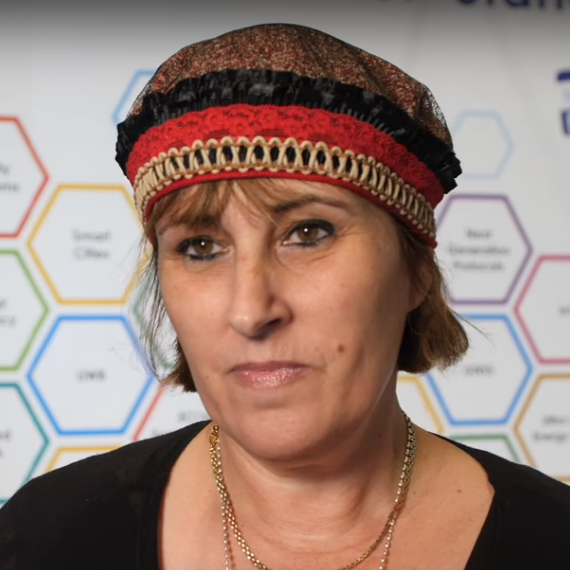
Nurit Sprecher, Vice-Chair of the ZSM ISG WG
Exploring the reasons for the lack of AI adoption and demonstrating that the rise of two recent paradigms: Software-Defined Networking (SDN) and Network Analytics (NA), will facilitate the adoption of these techniques in the context of network operation and control. Describing a new paradigm that accommodates and exploits SDN, NA and AI, and providing use cases that illustrate its applicability and benefits. Presenting simple experimental results that support its feasibility. We refer to this new paradigm as Knowledge-Defined Networking (KDN)

Albert Cabelos, Universitat Politècnica de Catalunya
Albert Cabellos received a BSc (2001), MSc (2005) and PhD (2008) degree in Computer Science Engineering from the Technical University of Catalonia (www.upc.edu). In 2004 he was awarded with a full scholarship to carry out PhD studies at the Department of Computer Architecture, Technical University of Catalonia (UPC), Spain. In september 2005 he became an assistant professor of the Computer Architecture Department and as a researcher in the Broadband Communications Group (http://cba.upc.edu/). In 2010 he joined the NaNoNetworking Center in Catalunya (http://www.n3cat.upc.edu) where he is the Scientific Director. He is an editor of the Elsevier Journal on Nano Computer Network and founder of the ACM NANOCOM conference, the IEEE MONACOM workshop and the N3Summit. He has also founded the LISPmob open-source initiative (http://lispmob.org) along with Cisco. He has been a visiting researcher at Cisco Systems and Agilent Technologies and a visiting professor at the Royal Institute of Technology (KTH) and the Massachusetts Institute of Technology (MIT). Since 2015 he is the Vice-Dean for International and Institutional Relations at FIB-UPC. He has participated in several national (Cicyt), EU (FP7), USA (NSF) and industrial projects (Samsung and Cisco). He has given more than 10 invited talks (MIT, Cisco, INTEL, MIET, Northeastern Univ. etc.) and co-authored more than 15 journal and 40 conference papers. His main research interests are future architectures for the Internet and nano-scale communications.
5G is expected to be a revolution and not simply an evolution of current mobile networks. In this regards, 5G management needs to be a built-in management “to avoid the build it first manage it later networks”.
Cognitive network management has been widely accepted as the current orientation for an efficient, agile and automated management operations. Artificial intelligence techniques are the cornerstone of Cognitive network management to develop self-aware, self-configuring, self-optimization, self-healing and self-protecting systems.
Presenting the essence of the H2020 CogNet project in terms of architecture, best practices and key use cases.
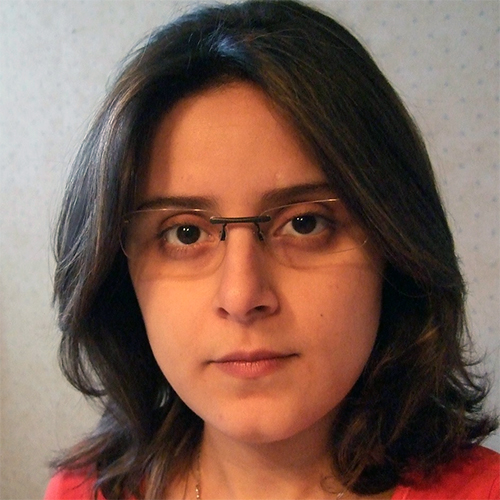
Imen Grida Ben Yahia, Orange Labs
Imen Grida Ben Yahia is currently with Orange Labs, France, as Orange Expert in Future Networks. She is leading a research project, on Autonomic & Cognitive Management for software networks. She received her PhD degree in Telecommunication Networks from Pierre et Marie Curie University in conjunction with Télécom SudParis in 2008. Her current research interests are autonomic and cognitive management for software and programmable networks that include artificial intelligence for SLA and fault management, knowledge and abstraction for management operations, intent- and policy-based management. As such, she contributed to several European research projects like Servery, FP7 UniverSelf and the H2020 CogNet and authored several scientific conference and journal papers in the field of autonomic and cognitive management. Imen is Chair of the IEEE Technical Committee on Network Intelligence (ongoing). She is currently TPC chair of Netsoft 2018 and also a member of several TPCs and conference organizing committees.
Handsets, vehicles and other mobile-connected devices are becoming AI-enabled
- Will putting more AI capability on the end-points reduce the need for low-latency 5G realtime connections to the cloud?
- Will future mobile AI applications “learn in the cloud” and “get deployed at the edge”?
- Does this change the data-traffic assumptions for 5G business models?

Dean Bubley, Disruptive Analysis
The aim for every real-time communication product is to deliver the best media quality. That is optimal for the set of end-users in the call, based on their individual locations, the diverse device capabilities, and/or prevalent network conditions between them. Discussing AI techniques used at callstats.io for delivering optimal media quality. Dr. Varun Singh, Founder, callstats.io
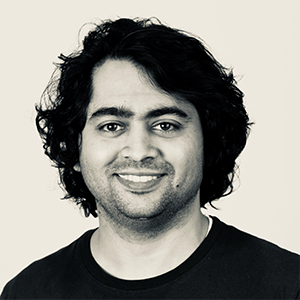
Dr. Varun Singh, Founder, callstats.io
Presenting a centralized and SDN compatible IDN (Intelligence-Defined Network) architecture, aiming to apply Artificial Intelligence technologies, including Machine Learning mechanisms, to networks. It can intelligently learn the network environment and historic data, and dynamically adapt to a changing situation and enhance their own intelligence with by learning from new data. It can learn and complete complicated tasks, such as traffic load balancing associated with link utilities, autonomic network operation & maintenance dynamic flow&path controlling in large-scale network, etc. It can even predict the future network situation for proactive controlling. The IDN architecture can also be integrated with various network infrastructures, such as SDN, NFV&MANO, intelligence router, traditional router, etc.
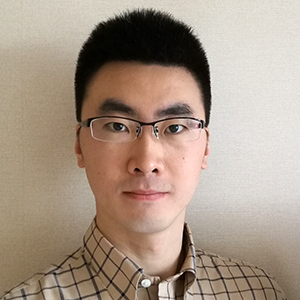
Shen Yan, Senior Engineer, Huawei Technologies
Dr. Shen YAN, Senior Engineer of the Network Technology Laboratory, Huawei Technologies; in charge of standardization and promotion works in the Network Technology Laboratory. He received his Ph.D. degree in Computer Science from Beijing University of Posts and Telecommunications 2014. He joined Huawei Technologies 2016, is now mainly working on Intelligence Driven Network, Network 5.0 research and standardization. He is active in IETF, IRTF, and ETSI. He participates in WI6 (Intelligence-Defined Network) in ETSI/NGP ISG.
Proposing to use AI techniques to continuously improve service delivery. The architecture comprises:
- a high-level, intent-oriented service definition
- real-time, service-oriented telemetry
- telemetry correlation and time-series building
- proactive adjustment of service parameters to meet intent
- automatic “Service Motion” to maintain SLAs
The whole architecture embodies a closed-loop structure for service life-cycle management.
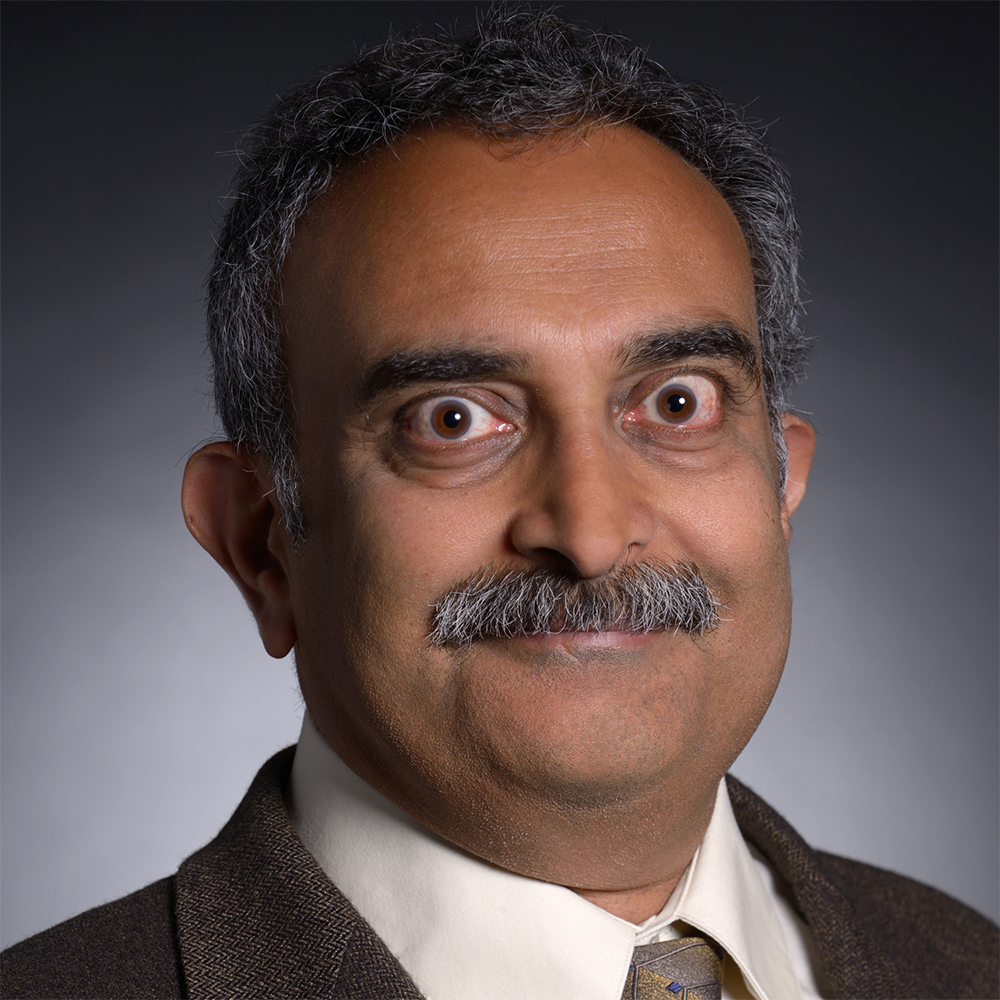
Kireeti Kompella, Juniper Networks
We need the capacity to observe at very large scale what happens in our organization but also on the entire Internet either in a passive or active manner. This prerequisite requires advanced measuring and monitoring techniques supporting then data mining and machine learning algorithms. However, this large scale security analytics has to deal with the large volume of data even if partial, the relative blindness of the observation points with large adoption of encryption, the lack of appropriate existing metrics to compare network data, etc.

Jérôme François, Researcher, INRIA
Jérome François is a research scientist at Inria. His research area is the network management and cyber-security. He is the deputy leader of the RESIST research group. Relying on data analytics and the convergence between network and system, this group aims to make elastic and resilient networked systems thanks to powerful intelligent methods to analyze and orchestrate resources to enhance security and scalability. He is also research fellow at the Interdisciplinary Center for Security Reliability and Trust, SnT, at the University of Luxembourg and the leader of a joint team between Inria and SnT on network softwarization.
Covering an in-depth review of various aspects of Machine Learning techniques enabling Network Operations. Telemetry data is key to manage networks and its health. Various building blocks like, streaming, publishing, transport, etc., championed by Google, play an important role in manageability of the networks. Subsequently, usage of Machine Learning and AI techniques unlocked whole new insight into network behaviour and enable us to operate networks @scale.
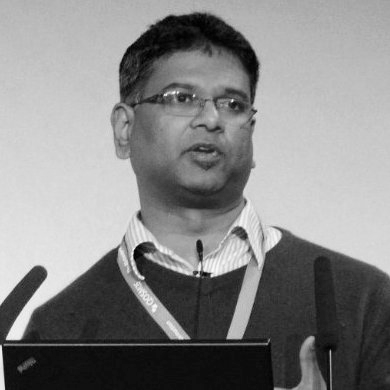
Sam Aldrin, Network Architect, Google Network Operations
Sam Aldrin works as Network Architect @Google Network Operations. He is involved in architecting and operating of Google DC networks in order to meet the ever growing demands of Network Capacity and Bandwidth. He is also co-chair of Network Virtualization Overlay over Layer 3 Working Group at IETF. Prior to Google, worked as Principal Engineer at Huawei Technologies and Technical Leader at Cisco Systems, developing various networking technologies. Author of various RFC’s and drafts in the area of Routing Protocols within IETF. Frequent speaker various networking conferences and forums related to SDN, NFV and other networking technologies.
Describing a solutions that provides visibility and control that allows to respond to traffic dynamics and security threats. This new operational model uses the enhanced packet intelligence and control capabilities of the groundbreaking FP4 routing silicon. It lets you build a smart network fabric that supports granular traffic management, scalable flow optimization, and highly effective in-line DDoS mitigation.
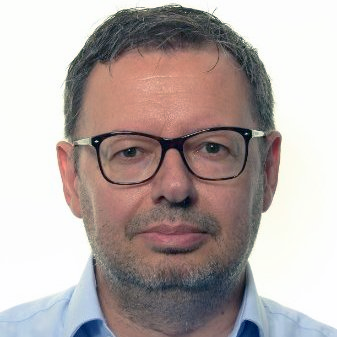
Roland Thienpont, IP Division Product Manager, Nokia
Roland has over 25 years of experience within the networking and data communications industry, in the areas of engineering, technology and product strategy and product management. From early 2000 until 2016 he had the role of IP product manager for Nokia's IP/MPLS Service Router and Ethernet Services Switch products for Europe, Middle East and Africa. Recently he took the role of Director Product Marketing for IP. Roland holds a MSc. in Electronic Engineering with a specialization in Telecommunications from the University of Antwerp and an Alcatel International Master in Management.

Wojciech Dziunikowski, Head of Integrated Assurance and Analytics Product Management, Comarch
Wojciech Dziunikowski is Head of Product Management responsible for Integrated Assurance & Analytics, which is part of our Comarch OSS suite. Comarch’s OSS portfolio showcases products including Customer Experience Management, Service Quality Management, Service Assurance and Fault Management. Day-to-day Wojciech applies his 5-year academic knowledge and his 8-year industry experience to his role, giving him the ability see the telecommunications market and understand specific customer needs in a wider scope. Prior to Comarch, Wojciech had various roles including Analyst and Business Consultant positions for several R&D and implementation projects for the global and European Tier-1 and Tier-2 telecom operators.
Machine Learning versus Rule-based Systems

MODERATOR
Caroline Gabriel, Rethink Research

Kireeti Kompella, Juniper Networks

Kohei Shiomoto, Senior Manager, NTT
Kohei Shiomoto is a Professor, Tokyo City University, where he is engaged in Research and Education in Network Management for the Internet, Mobile, and Cloud. Before joining Tokyo City University as Full Professor, he spent 28 years in NTT laboratories and was engaged in advanced research on SDN/NFV and Network Analytics, Communication Traffic & Service Quality, Traffic Engineering, IP and Optical Networking, (network architecture, IETF standardization, multi-layer traffic engineering), architecture design for high-speed IP/MPLS label switching router, IP router design, routing algorithm, and IETF GMPLS standardization, development of commercial ATM switching systems, research of high-speed networking technologies including ATM traffic control, measurement-based admission control, and ATM switch design. From 1996 to 1997, he was on leave from NTT to join Department of Computer Science and Engineering, Washington University in St. Louis, MO, USA as Visiting Researcher and was engaged in research of high-speed networking technologies including dynamic flow switching and soft-state ATM switching. He received the B.E., M.E., and Ph.D degrees in information and computer sciences from Osaka University, Osaka in 1987 1989, and 1998, respectively.

Imen Grida Ben Yahia, Orange Labs

Dean Bubley, Disruptive Analysis




